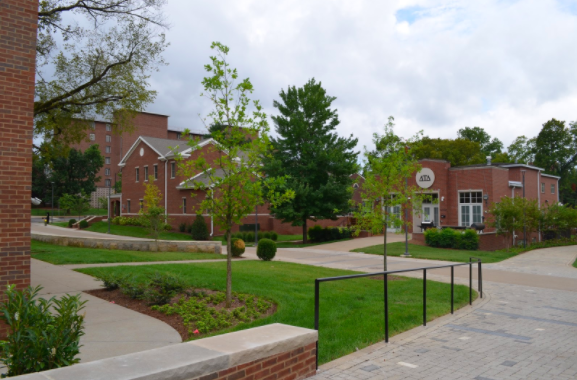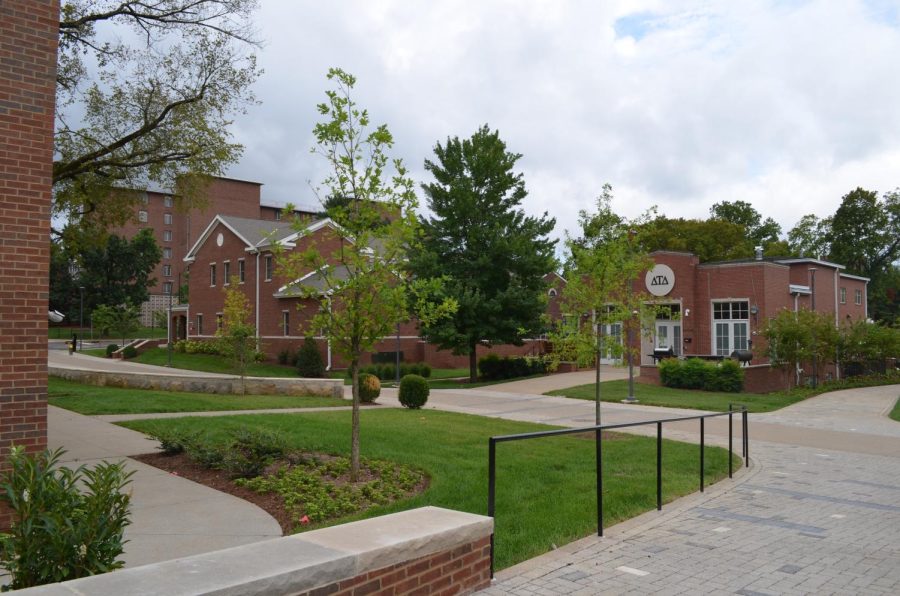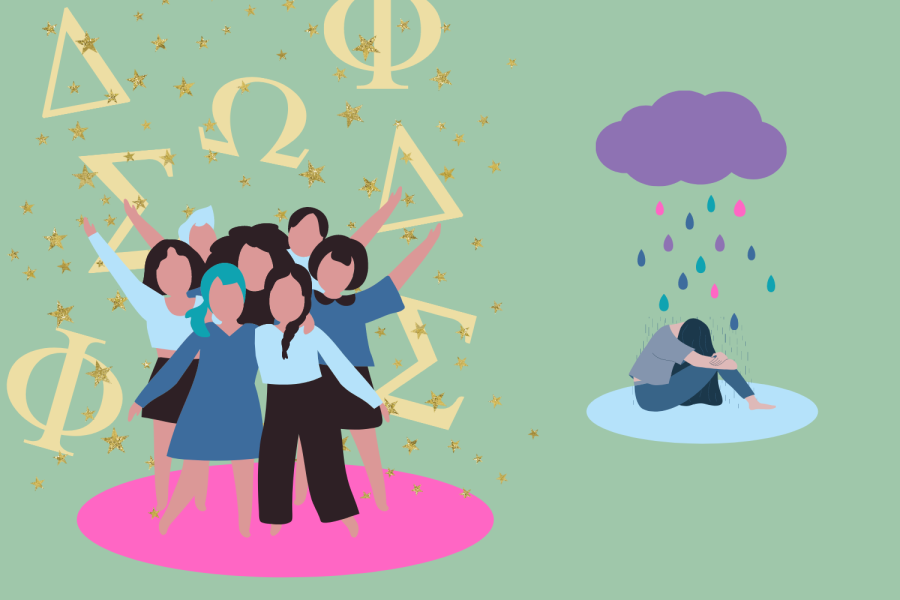
Editor’s Note: This piece contains mention of attempted suicide.
Author’s Note: This article only addresses organizations under the Interfraternity Council (IFC) and the National Panhellenic Conference (NPC). When I use the terms “Greek organizations” or “Greek life” I am referring to fraternities under the Interfraternity Council and sororities under the National Panhellenic Conference. The National Pan-hellenic Council (NPHC) consists of fraternities and sororities that are a part of Greek life at Vanderbilt, but they are invaluable safe spaces for Black students, not organizations historically rooted in exclusionary practices.
I am biracial—my mother is an Indian immigrant, and my father is white. I’ve always been the outsider because my identity does not fit into Indian culture nor does it fit entirely into white culture. Life at Vanderbilt has been no different.
I briefly considered joining an IFC organization to help facilitate my transition to Vanderbilt. I decided against it because I felt that none of the fraternities emphasized a supportive and accepting community. Additionally, my interests, hobbies and values did not seem to align with theirs.
Even though I didn’t join Greek life, it still impacted my Vanderbilt experience. Its domination of our campus perpetuates the white-centric and affluent culture that has seeped into the rest of Vanderbilt. It contributes to shame, division and judgment in our community, whether it be through casual racism and homophobia, classist exclusionary practices or through a forced facade of what a Vanderbilt student should look like, act like and be like. This creates what I call the “Vanderbilt norm.”
Greek students are disproportionately wealthy compared to non-Greek students. In 2017, VPR conducted a survey of 168 students who were either affiliated with or unaffiliated with Greek life in order to compare estimated household income with Greek life affiliation. The survey found that Greek students dominated all three upper-income categories. Conversely, non-Greek students held a greater share of all four lower-income levels. Additionally, it found that non-Greek students were more likely to utilize some form of financial aid than Greek students. This means that a lot of the students who are in Greek Life have access to resources that help them thrive at Vanderbilt.
Defenders of IFC and NPC may argue that these organizations provide financial aid to students in need, but the price tag has historically been well over $1,000 for first-years, which has turned many away from joining (the prices have since been altered due to COVID-19). This has produced a wealth barrier that prevents low-income students with unique perspectives from being a part of Greek life.
While some students of color may have the resources to join a historically white Greek organization, the social exclusion that Greek life exudes dissuades many from joining for fear of being alienated. The emphasis on affluence and appearance is destructive to the self-image of people of color because white beauty standards require assimilation. Moreover, white students are more likely to befriend and engage with others who look like them, resulting in more pressure to assimilate. Exclusionary practices like assimilation in historically white Greek organizations result in segregation, whether intentional or not.
As a result, IFC and NPC organizations have become echo chambers for breeding harmful, unchecked beliefs and behaviors, like hazing and classicism. People are less likely to report such behaviors because of the “fear of being ostracized and…retaliation.” Furthermore, students whose families have been involved in Greek life for generations inhibit diversity because “rewarding legacy status promotes a cycle of whiteness.” This not only results in exclusion based on race, class, sexuality, gender identity and ethnicity, but it also allows socio-economic exclusion to become normalized at Vanderbilt.
While membership has remained between 30 and 46 percent of the undergraduate population since 2000, Greek life has infiltrated our campus to the point where if one doesn’t join, they’re likely to feel excluded from the Vanderbilt experience; it has such a profound impact on campus life, student status and student performance. As the Vanderbilt Political Review’s (VPR) Joshua Mendelson put it, “[To] simply exist on campus” without being a part of Greek life means “liv[ing] a shadow of the ‘Vanderbilt experience.’”
Normalization of exclusionary practices of students in Greek life results in an unfair distribution of power and status amongst students in and outside of the classroom, negatively impacting students like me who differ from the “Vanderbilt norm.”
The “Vanderbilt norm” produces a community that is deeply segregated by race and socioeconomic class. It is such a struggle to live up to the high academic and social expectations while being isolated from the rest of the student body.
I changed my personality so much in order to seek acceptance from a dominant white culture that I forgot who I really was. It feels worse than being an imposter. It feels like I don’t even exist. Like no one would have noticed or cared if I was alive or dead. I didn’t have a support system— no friends or even professionals who I felt comfortable talking to about this. There were no groups who I felt like I could reach out to and be validated. I felt totally alone. Because I felt like I didn’t matter, I attempted suicide last February.
The Vanderbilt administration stubbornly argues that reforming Greek life is enough. It is not. By supporting reform, Vanderbilt condones organizations that promote segregation on campus. Failure to abolish Greek Life means that students like me will continue to be deprived of opportunities and experiences that could benefit our futures or make us feel at home on campus. We feel like we don’t matter.
The Vanderbilt administration needs to step up and prove its dedication to equity, diversity, and inclusion. Please join the movement to abolish all IFC and NPC organizations on campus. Let’s do all we can to desegregate our school so that students can feel more included in the Vanderbilt experience. Let the community know that we aren’t going away until every Greek organization on campus is discontinued. Don’t go through with recruitment. Continue to drop and nullify your Greek organizations. Vanderbilt might not listen to me alone, but maybe they will listen to all of us.
If you are having suicidal thoughts, call the National Suicide Prevention Lifeline at 1-800-273-8255. Students may contact the University Counseling Center at 615-322-2571 to speak with an on-call mental health provider. Other support services include Student Care Coordination, Center for Student Wellbeing, Office of Religious Life and Griefnet.
If you would like to speak to someone at The Hustler, please email [email protected].













